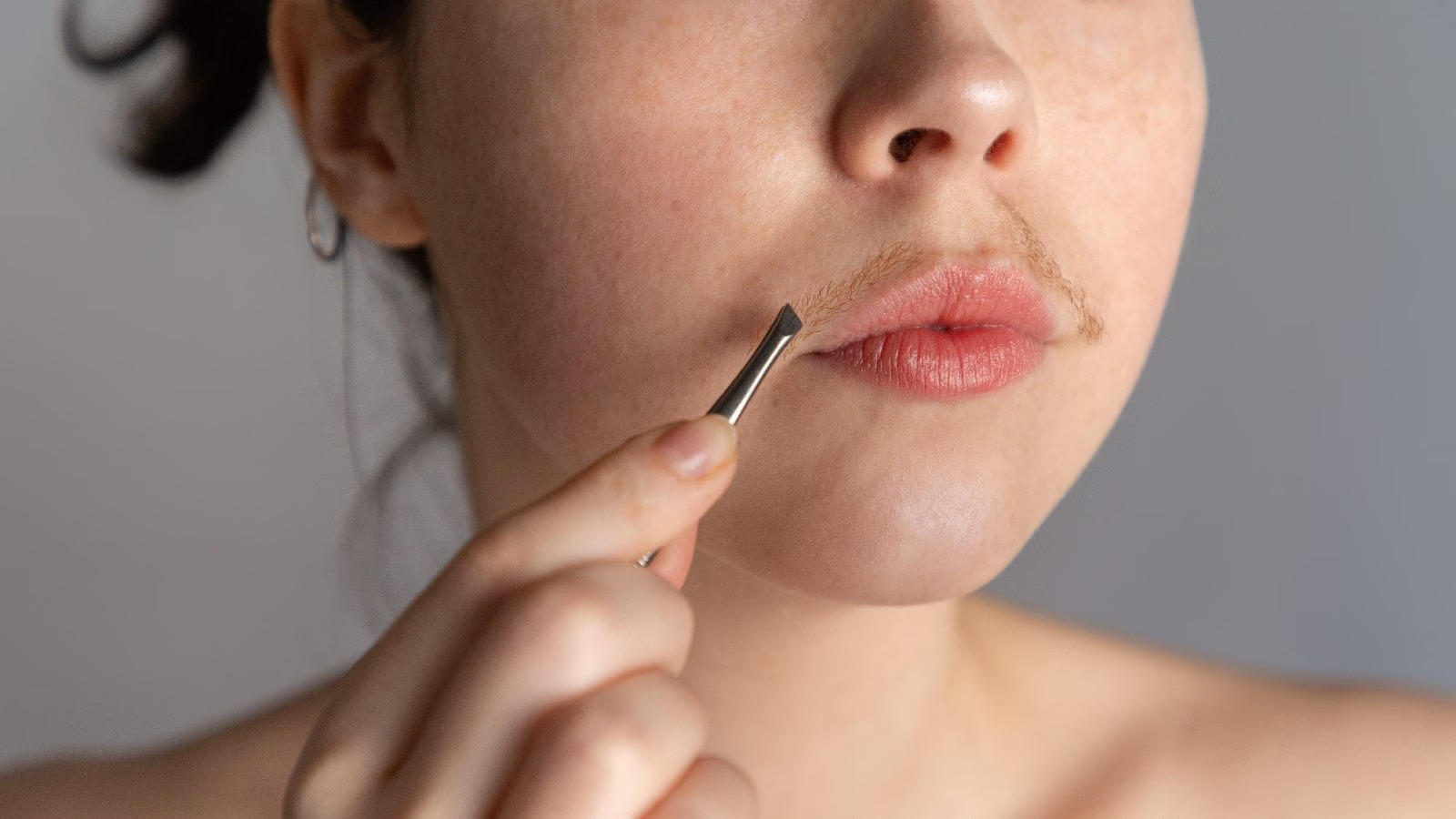Understanding Anosmia and Its Homeopathic Remedies
Anosmia is a condition where a person loses their sense of smell. Our sense of smell is crucial—it helps us identify various odors, from pleasant fragrances to potential dangers like gas leaks or smoke. When we can’t smell, we miss out on these important cues, and our ability to enjoy food can also be affected, potentially leading to a loss of taste and diminished appetite.
Anosmia can range from partial to complete loss of smell. It may be present from birth or develop later due to various factors. Depending on its cause, anosmia can be temporary or permanent.
Homeopathic Solutions for Anosmia
Homeopathy offers natural and effective treatments for anosmia, suitable for all ages. These remedies, made from natural substances, address the root causes of anosmia to promote healing without side effects.
Homeopathic Remedies for Anosmia
- Natrum Mur: Ideal for anosmia associated with nasal allergies. If you have anosmia with symptoms like nasal dryness, egg-white-like discharge, and blockage with sneezing, Natrum Mur can help.
- Silicea: Suitable for anosmia linked with chronic colds. It is helpful if you experience yellowish, fetid nasal discharge, burning and dryness in the nostrils, or hard crusts inside the nose.
- Pulsatilla: Effective for anosmia accompanied by loss of taste and appetite. If you have thick greenish nasal discharge, sneezing, and symptoms that improve in fresh air, Pulsatilla is a good choice.
- Calcarea Carb: Useful for anosmia with nasal blockage. It can help when you have difficulty breathing through your nose, nasal dryness, or yellow discharge, and is beneficial for those with nasal polyps.
- Kali Bichromicum: Recommended for anosmia associated with sinusitis. Symptoms include constant nasal stuffiness, sticky discharge, and sinus headaches.
- Lemna Minor: Best for anosmia related to nasal polyps. Symptoms include obstruction, frequent sneezing, and thick, pus-like nasal discharge that worsens in damp weather.
- Hepar Sulph: Effective for anosmia due to colds or sinus infections. It helps with sneezing, nasal blockage from cold air, and thick, sometimes blood-stained discharge.
- Phosphorus: Useful when anosmia alternates with nasal discharge and blockage, often with frequent sneezing and painful dryness in the nose.
Symptoms Associated with Anosmia
Anosmia can come with symptoms like nasal discharge, post-nasal drip, sneezing, and nasal blockage. It may also lead to a loss of taste, making it harder to detect dangerous situations like gas leaks. Sometimes, anosmia can contribute to feelings of depression.
Causes of Anosmia
Anosmia can result from various conditions:
Nasal Irritation or Congestion:
- Sinusitis: Inflammation of the sinus lining.
- Hay Fever: Allergic reactions causing sneezing and a runny nose.
- Common Cold: Viral infection of the upper respiratory tract.
- Influenza: Viral infection affecting the respiratory system.
- Non-Allergic Rhinitis: Nasal symptoms without an identifiable cause.
- COVID-19: An infectious disease with anosmia as a prominent symptom.
Nasal Blockage or Obstruction:
- Nasal Polyps: Non-cancerous growths in the nasal lining.
- Nasal Tumors: Abnormal growths in the nose.
- Deviated Nasal Septum: Displacement of the partition between nasal passages.
Brain or Nerve Damage:
- Aging: Natural decline in olfactory function.
- Parkinson’s Disease: A nervous system disorder affecting movement.
- Alzheimer’s Disease: Neurological disorder impacting memory and cognition.
- Brain Tumors: Growths affecting brain function.
- Multiple Sclerosis: Disease damaging nerve cell coverings.
- Other Factors: Hypothyroidism, diabetes, head injuries, and certain medications.
Congenital Anosmia: Some individuals are born without a sense of smell.
Anosmia and COVID-19 Anosmia is a well-known symptom of COVID-19, though its exact mechanism is still under investigation. It often serves as an early warning sign but is not always permanent.
Diagnosis of Anosmia
To diagnose anosmia, doctors will review symptoms and perform a physical examination. Additional tests may include:
- CT or MRI scans of the brain
- X-ray of the skull
- Nasal endoscopy to examine the nasal passages




